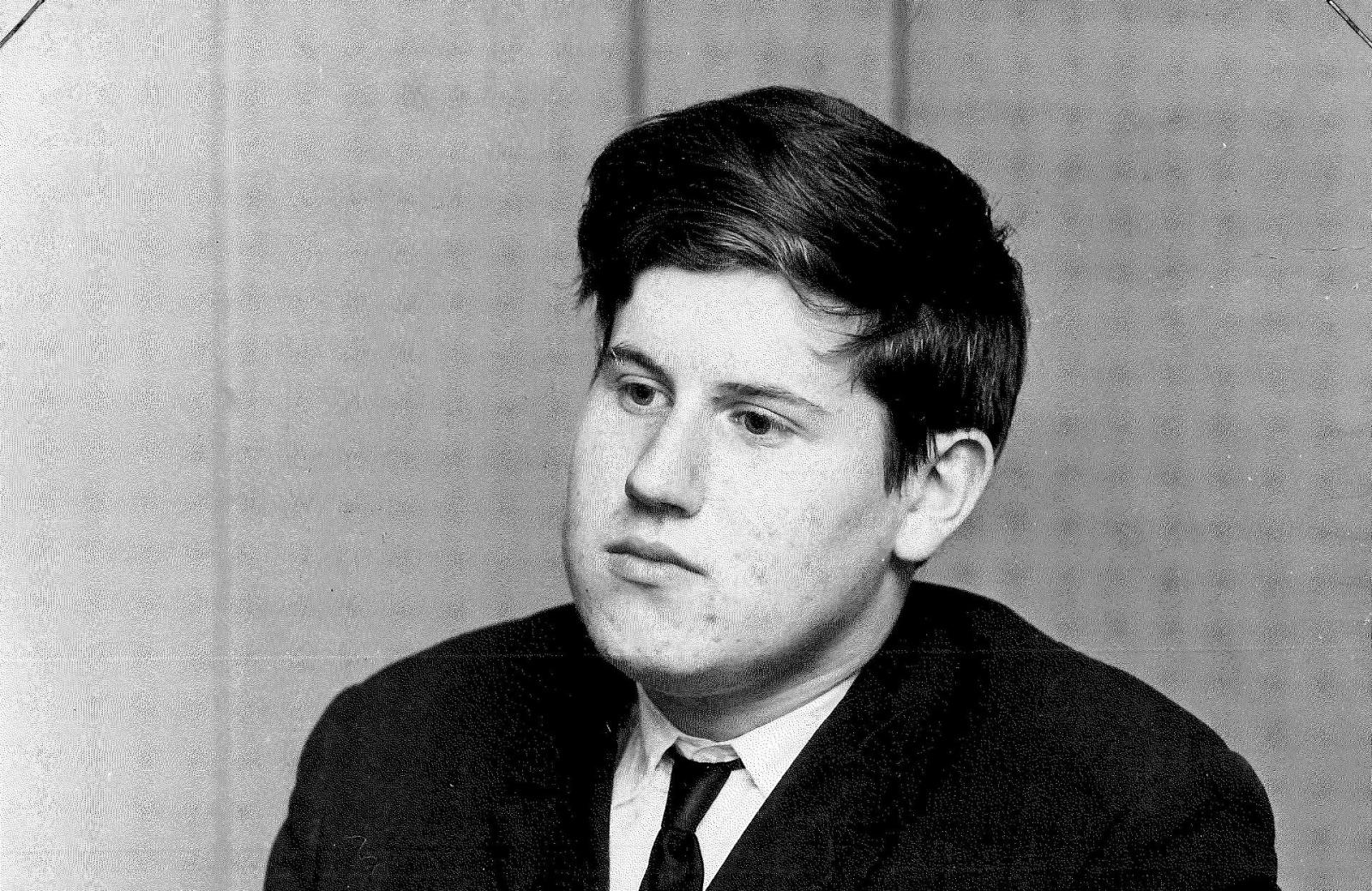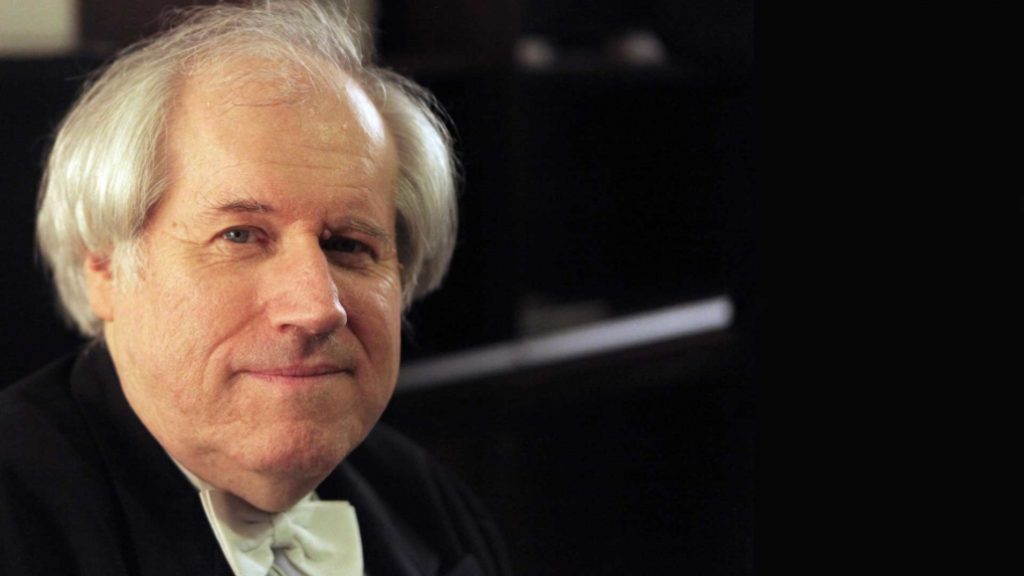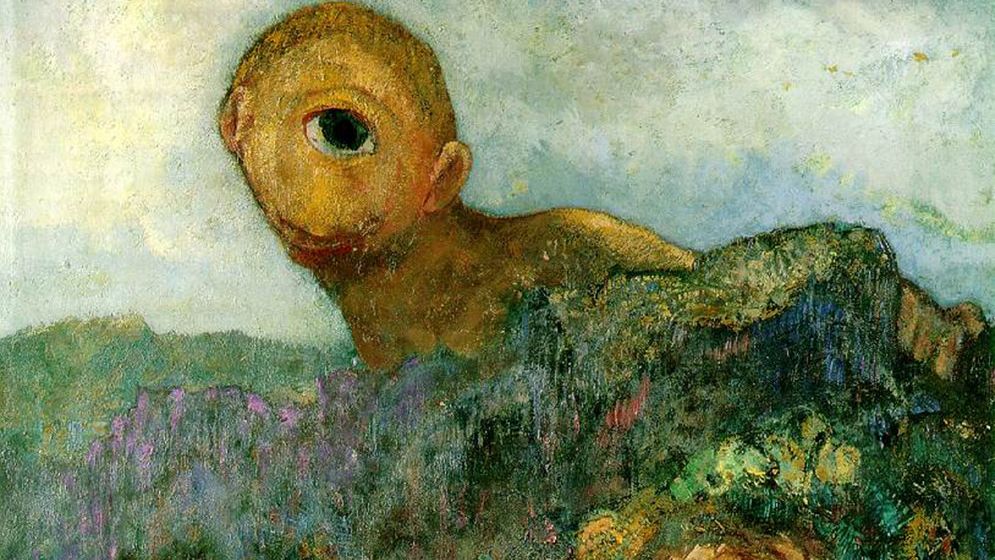


Sokolov has significantly reduced the number of his concerto performances, for the following reason: “It’s very simple. For piano is written an ocean of music, and during your lifetime you are not able to play even a small part of it. Then with orchestra it’s not easy to find enough time to rehearse, or to find an orchestra which is interested in the final product and not looking at their watch. It’s also not easy with conductors, because you must find the combination of a very good musician who has this special talent to follow and to understand the music in the same way as you. It’s very seldom, I must say! And then maybe the worst: if you play a solo piece several times over several days you will develop, going to another level with it, but with a concerto you play this piece more and more, but with each orchestra and conductor you must start again at the first rehearsal. So, if you spend so much energy that you could use much more effectively for recitals, why do you do it? I very much like the fact that everything I make depends only on me. With a hundred people it’s almost impossible. You have not the responsibility
Sokolov: born April 18, 1950) is a Russian pianist. He is among the most esteemed of living pianists, his repertoire spanning composers from the Baroque period such as Bach, Couperin or Rameau up to Schoenberg and Arapov. He regularly tours Europe (excluding the UK) and resides in Italy.
Biography
Sokolov was born in Leningrad, now Saint Petersburg, to Jewish father Lipman Girshevich Sokolov and Russian mother Galina Nikolayevna Zelenetskaya. He began studying the piano at the age of five and entered the Leningrad Conservatory‘s special school for children at the age of seven to study with Leah Zelikhman. After graduating from the children’s school, he continued studying at the Conservatory with Moisey Khalfin. At 12, he gave his first major recital in Moscow, in a concert of works by Bach, Beethoven, Schumann, Chopin, Mendelssohn, Rachmaninoff, Scriabin, Liszt, Debussy and Shostakovich at the Philharmonic Society. At age 16, he came to international attention when the jury at the 1966 International Tchaikovsky Piano Competition awarded him the gold medal. It seems this may have been a surprising result: “16-year old Grisha Sokolov, who finally became the winner of that competition, was not taken seriously by anyone at that time.” “He possesses brilliant finger and chord technique, he easily wields the piano, so easily that he performs the prestissimo of the last movement of the Saint-Saëns Concerto No. 2 with truly refined lightness. It was a startling performance. Doubtless we are going to hear much more about this young talented pianist…”
Despite his Tchaikovsky Competition success, Sokolov’s international career began to develop only towards the end of the 1980s. Some have speculated that his not defecting and the limited travelling allowed under the Soviet regime were to blame. This is contradicted by the fact that Sokolov gave U.S. tours in 1969, 1971, 1975 and 1979, as well as numerous recitals elsewhere in the world such as Finland and Japan. “Sokolov’s life as a touring soloist is quite overcrowded. He tours a great deal in both his motherland and abroad.”
The 1980s seem to have posed something of a stumbling-block to Sokolov’s career in the U.S. “In the beginning, I played a lot of single concerts in America, in 1969, ’71 and, I think, 1975. After that there was a break in relationships between the U.S. and the Soviet Union—they were disconnected by the Afghanistan war. A scheduled tour in the U.S. was cancelled in 1980. Then all cultural agreements between the two countries were cancelled.” In addition, during the breakup of the former Soviet Union, Sokolov played no concerts outside Russia. He is now a well-known figure in concert halls around Europe, but much less so in the U.S. Sokolov has released relatively few recordings to date, and released none for the 20 years between 1995 and 2015. But in 2014 he signed a contract with Deutsche Grammophon to release recordings of some of his live performances, and in 2015 he released a 2-CD live Salzburg recital featuring two sonatas by Mozart, Chopin’s cycle of 24 Preludes, and encore pieces by Scriabin, Chopin, Rameau and Bach.
Public statements
In March 2009, Sokolov cancelled a planned concert in London because of British visa requirements demanding that all non-E.U. workers provide fingerprints and eye prints with every visa application (he also cancelled his 2008 concert on seemingly similar grounds). Sokolov protested that such requirements had echoes of Soviet oppression.
After British music critic Norman Lebrecht received the Cremona Music Award 2014, Sokolov, upon learning of his being awarded the Cremona Music Award 2015, refused to accept the honour, making this statement on his website: “According to my ideas about elementary decency, it is shame to be in the same award-winners list with Lebrecht.”Sokolov’s statement appeared to refer to personal remarks Lebrecht had made about Sokolov’s family.
Influences
Sokolov cited the following pianists as having inspired him in his years of studies: “Of those whom I heard on the stage I’d like to name first of all Emil Gilels. Judging by the records, it was Rachmaninoff, Sofronitsky, Glenn Gould, Solomon [and] Lipatti. As to aesthetics, I feel most close to Anton Rubinstein.”
Repertoire
The 14 CDs (2 of Bach, 2 of Beethoven, 2 of Schubert, 2 of Chopin, 1 of Brahms, and 1 of Scriabin, Rachmaninoff and Prokofiev—all recorded by the label Opus 111, plus a 2-CD 2008 recital set released in 2015 and another 2-CD set taken from recitals in 2013 and released in 2016, both issued by DG on CD and LP) and 1 DVD (a live recital in Paris) that are currently (2015) available for Sokolov constitute a snapshot of the repertoire that Sokolov has so far performed. There is now a second (DG) DVD, of a concert (including the ‘Hammerklavier’ Sonata) recorded in the Berlin Philharmonie on June 5, 2013. This DVD was directed by Bruno Monsaingeon. A more extensive repertoire listing is as follows:https://en.wikipedia.org/wiki/Grigory_Sokolov
Merry Christmas! The musical dramaturgy, passion and fantasy Sokolov created here are simply unbelievable. A programme (either by Scriabin himself or his second wife, Tatyana Schloezer) was written for this sonata: 1. The free, untamed soul passionately throws itself into pain and struggle 2. The soul has found some kind of momentary, illusory peace; tired of suffering, it wishes to forget, to sing and blossom—despite everything. But the light rhythm and fragrant harmonies are but a veil, through which the uneasy, wounded soul shimmers 3. The soul floats on a sea of gentle emotion and melancholy: love, sorrow, indefinite wishes, indefinable thoughts of fragile, vague allure 4. In the uproar of the unfettered elements the soul struggles as if intoxicated. From the depths of Existence arises the mighty voice of the demigod, whose song of victory echoes triumphantly! But, too weak as yet, it fails, before reaching the summit, into the abyss of nothingness. 00:00 – I. Drammatico 06:36 – II. Allegretto 09:34 – III. Andante 14:28 – IV. Presto con fuoco Pianist: Grigory Sokolov Recorded in St. Petersburg on 3 Apr 2007

Odysseus en de cycloop Polyphemos
“Well Schuman just doesn’t let you into his world.” ong 2,06 “If you don’t like it listen more carefully, try to understand me and you are mine.”
